TRAINING
GS4Plastic staff has been offering technical courses in the plastic field for more than 10 years. We offer customized and 360 ° technical training programs, which start from the properties of the polymers, and then continue with the rheology, with the transformation processes and the quality control of the finished products. The training courses we offered in these years to various companies cover the following areas :
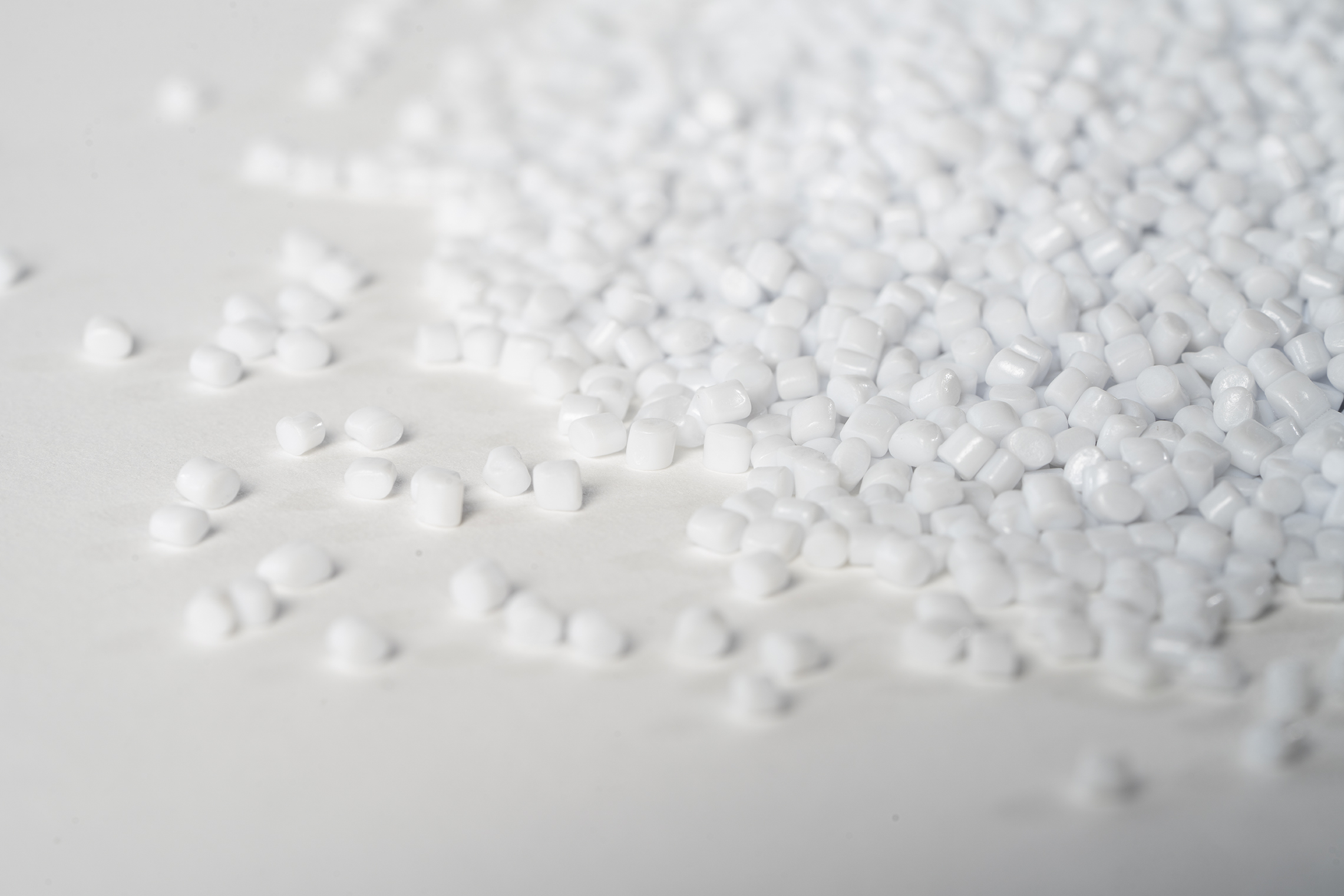
Basic and advanced course on the knowledge of polymers
- Polymerization process, type of polymers, linear, branched and cross-linked
- Amorphous, semi-crystalline materials, homopolymers, copolymers, hygroscopic and not
- Physical, rheological, thermal, mechanical, chemical and barrier properties
- Polyolefins, HDPE, LDPE, PP etc, properties, applications and main producers
- PET and polyesters: homopolymers and copolymers
- Natural stretch ratio of PET
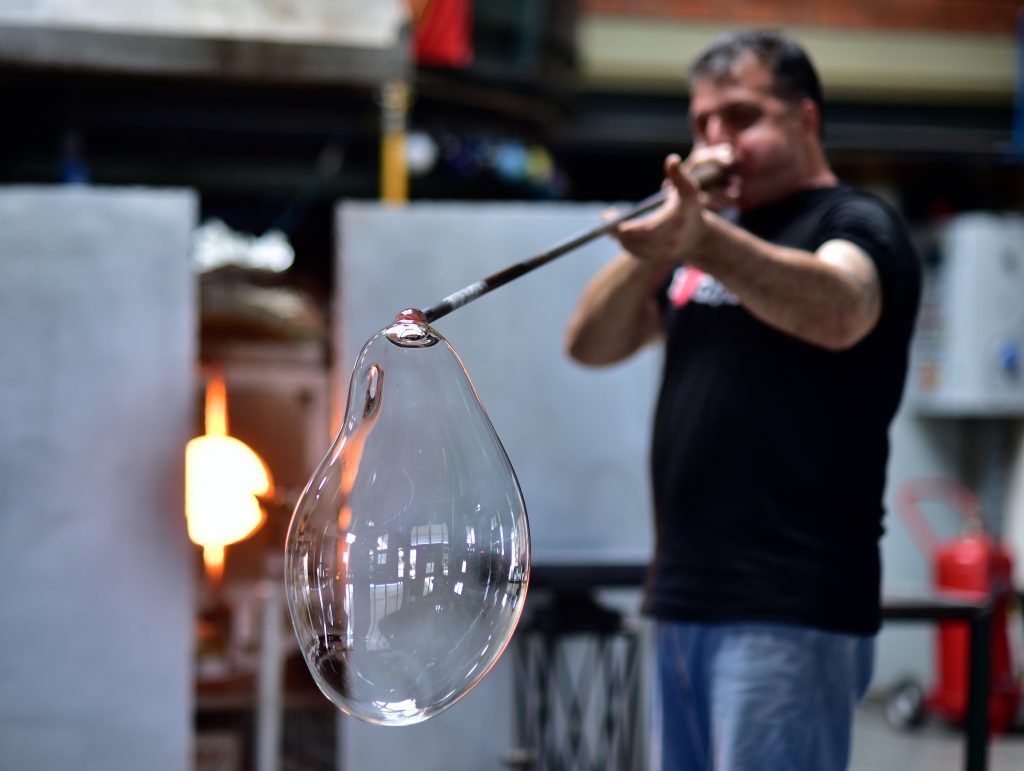
Basic course on blowing technologies in general
- Overview of blowing technologies and their classification
- Introduction to polymers and applications
- Notions on ISBM- Injection stretch blow molding
- Notions on SBM- Stretch blow molding
- Notions on EBM- Extrusion blow molding
- Notions on IBM- Injection blow molding
- Choice of the best technologie for a specific product
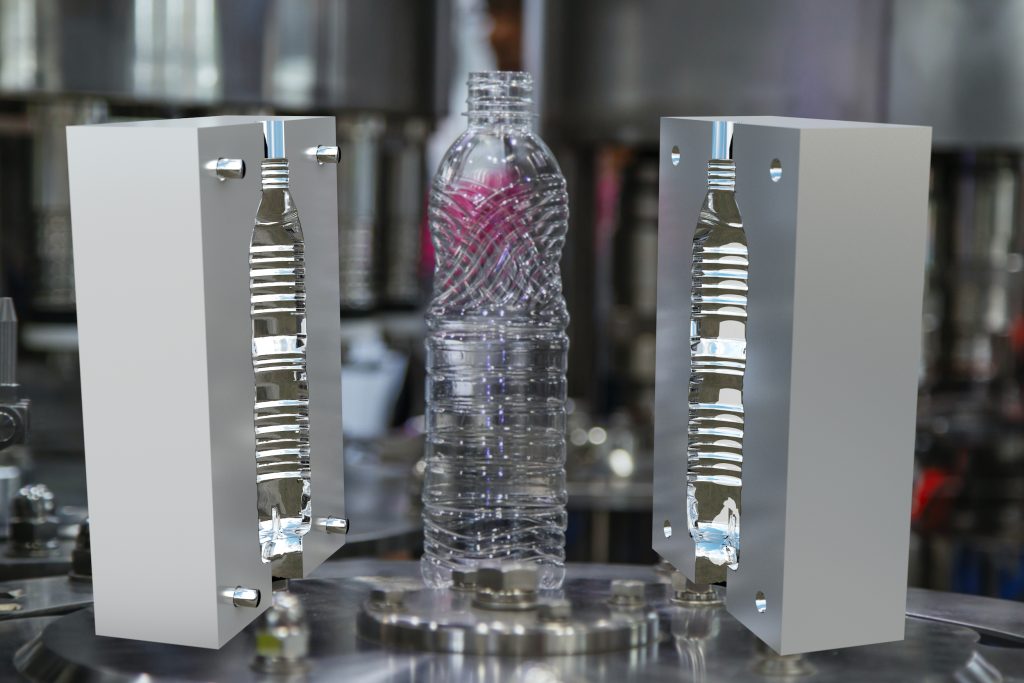
Basic and advanced course on the stretch blow molding process (SBM)
- Basics of stretch blow molding polymers
- Introduction to the two-stage stretch blow molding process
- Types of stretch blow molding machines
- The heating process (IR lamps and ventilation)
- Pre-blowing and blowing process (delays, duration, pressure)
- Description of the stretch blow molding process parameters
- Definition of axial and radial stretching ratios
- Guide to the choice of preforms
- The rules for starting and stopping production
- Practical course for creating a new recipe starting from an existing preform
- Practical course for creating a new recipe starting from a new preform
- Complete format change procedure (package change, collet change and mold change)
- Practical course for setting machine parameters for optimizing the two-stage stretch blow molding process
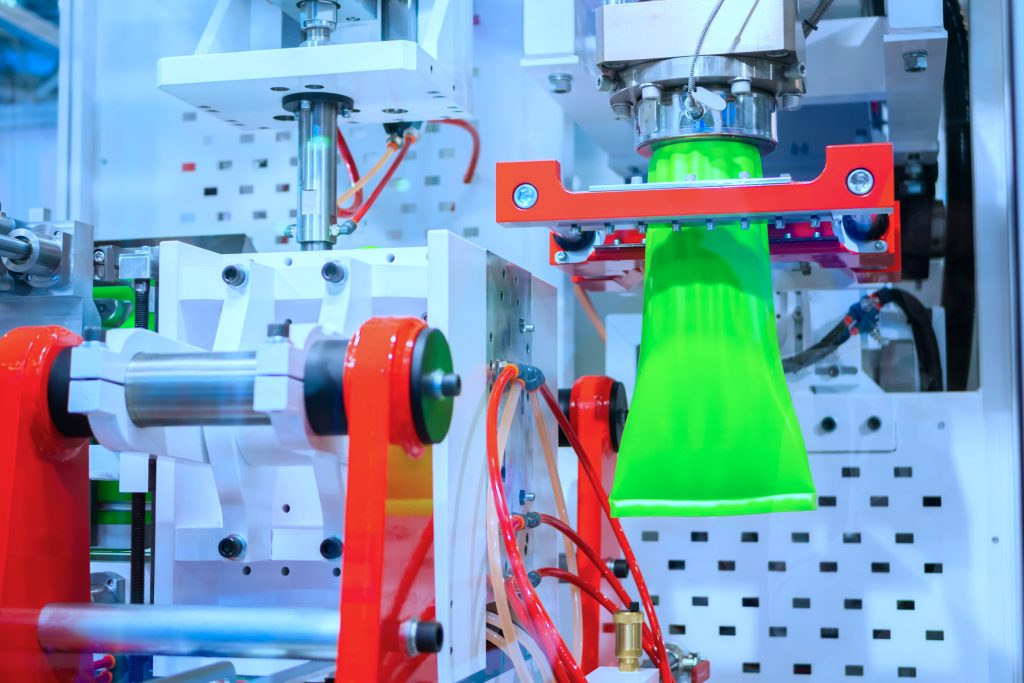
Basic and advanced course on the extrusion stretch blow molding process (EBM)
- Polymers used in extrusion blow molding
- Description of the extrusion blow molding process
- Description of the extruder group
- Management of auxiliaries (belts, pickers, mills, aspirators)
- Converging and diverging supply chains
- Extrusion heads (single, coex)
- Mold closing group
- Type of cuts (hot blade, cold blade, stapled cut)
- Parison programmer – thickness variation
- Basics of mold assembly, counterforms and nozzles
- Characterization and testing technologies on bottles in production (weights, thickness distribution, neck dimensions, ovalizations, aesthetic qualities)
- Most common defects in extrusion-blow molding: causes and remedies
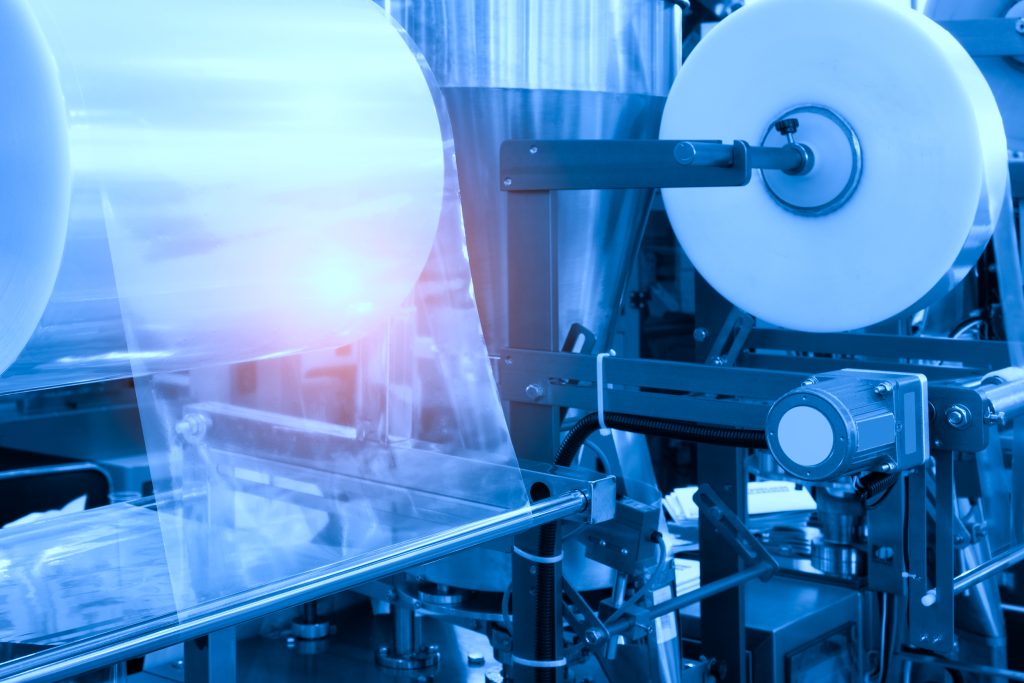
Basic course on blown and cast film extrusion process
- Polymers used in filming
- Rheology applied to extrusion
- Description of the various parts of the extruder and of the other system components
- The blown film process
- The cast filming process
- Extrusion heads: design and types
- Melt pumps: functionality and advantages
- End-of-line auxiliary equipment (trimming and winding)
- The rules for starting and stopping production
- Influence of process variables for constant production and quality
- Defects: Causes and remedies for the blown film process (buffering, frosts, holes, etc.)
- Defects: Causes and remedies for the cast filming process (draw resonance, gels, impurities, breaks, infusions)
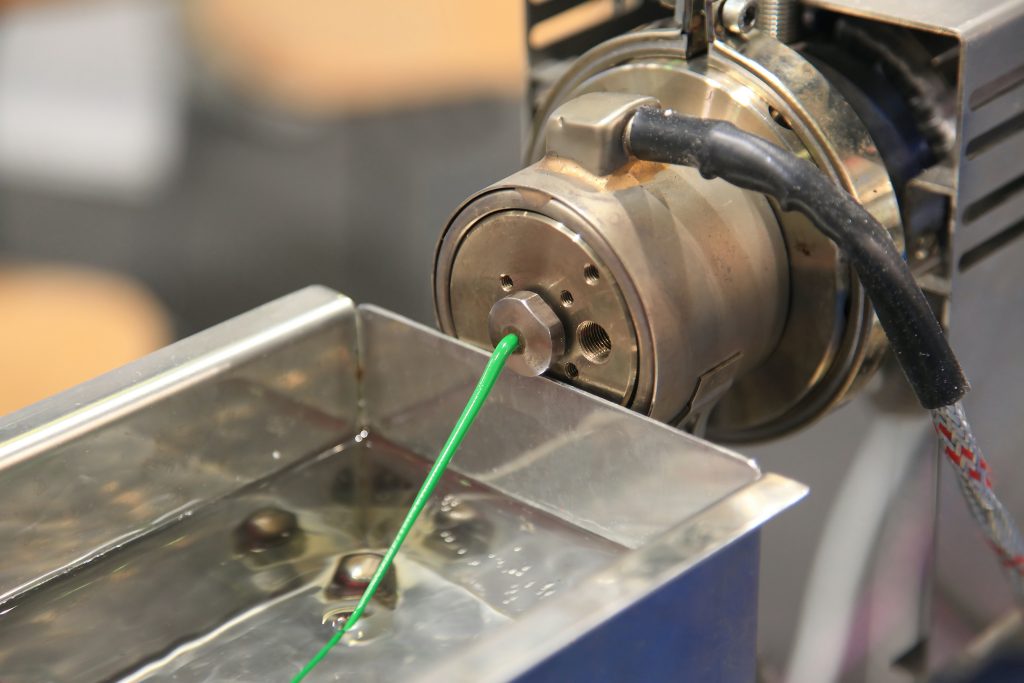
Basic course on pellet extrusion processes
- Introduction to extrusion: polymers and applications
- Type of plasticizing cylinders: single screw, co-rotating and counter-rotating twin screws
- Plasticizing cylinder and screws, L / D ratio, screw areas, standard and barrier profiles, compression ratios
- Rheology applied to extrusion
- General guide to temperature profiles by screw
- Color masterbatch and additive masterbatch